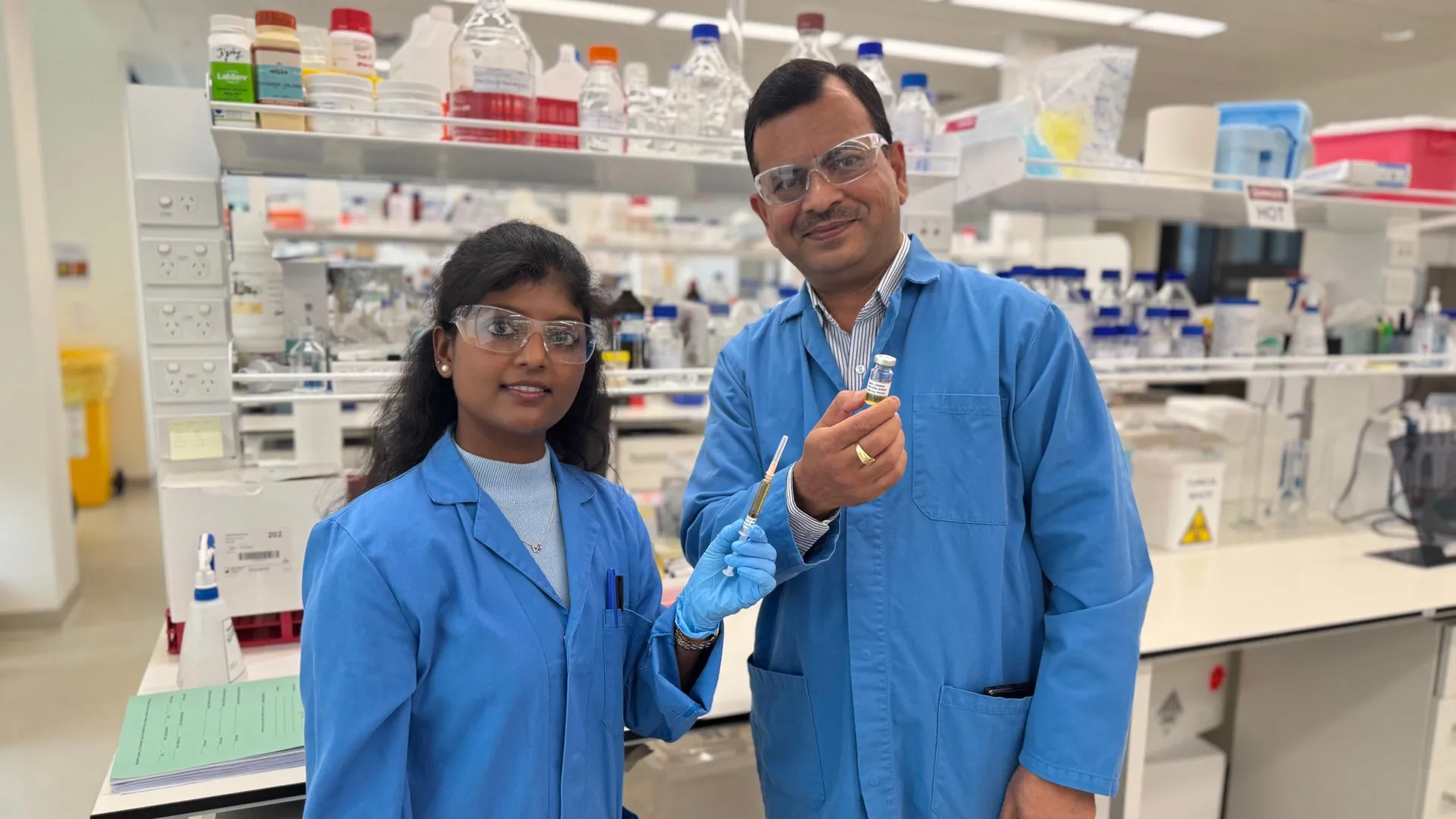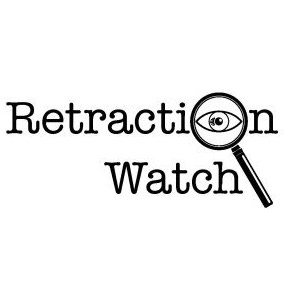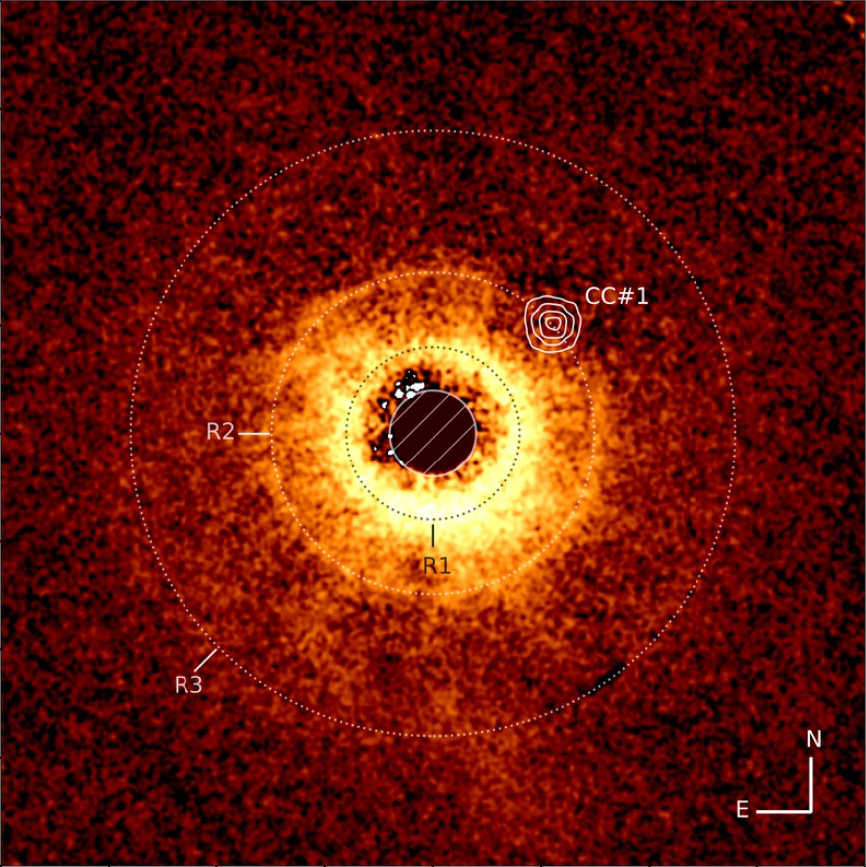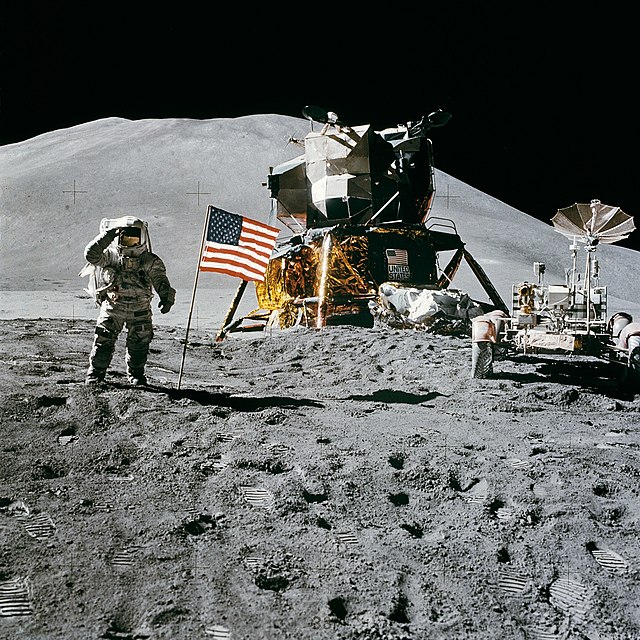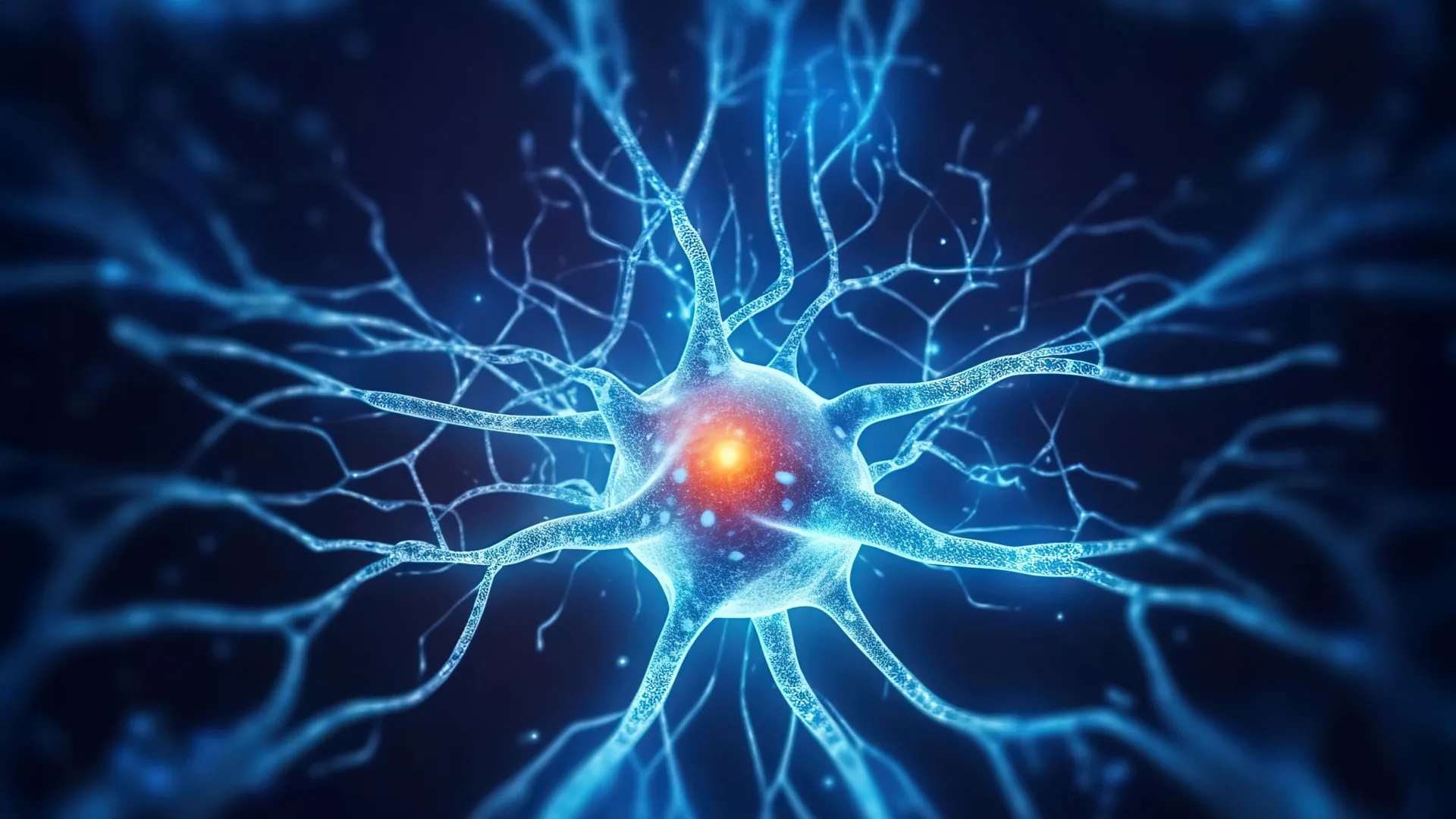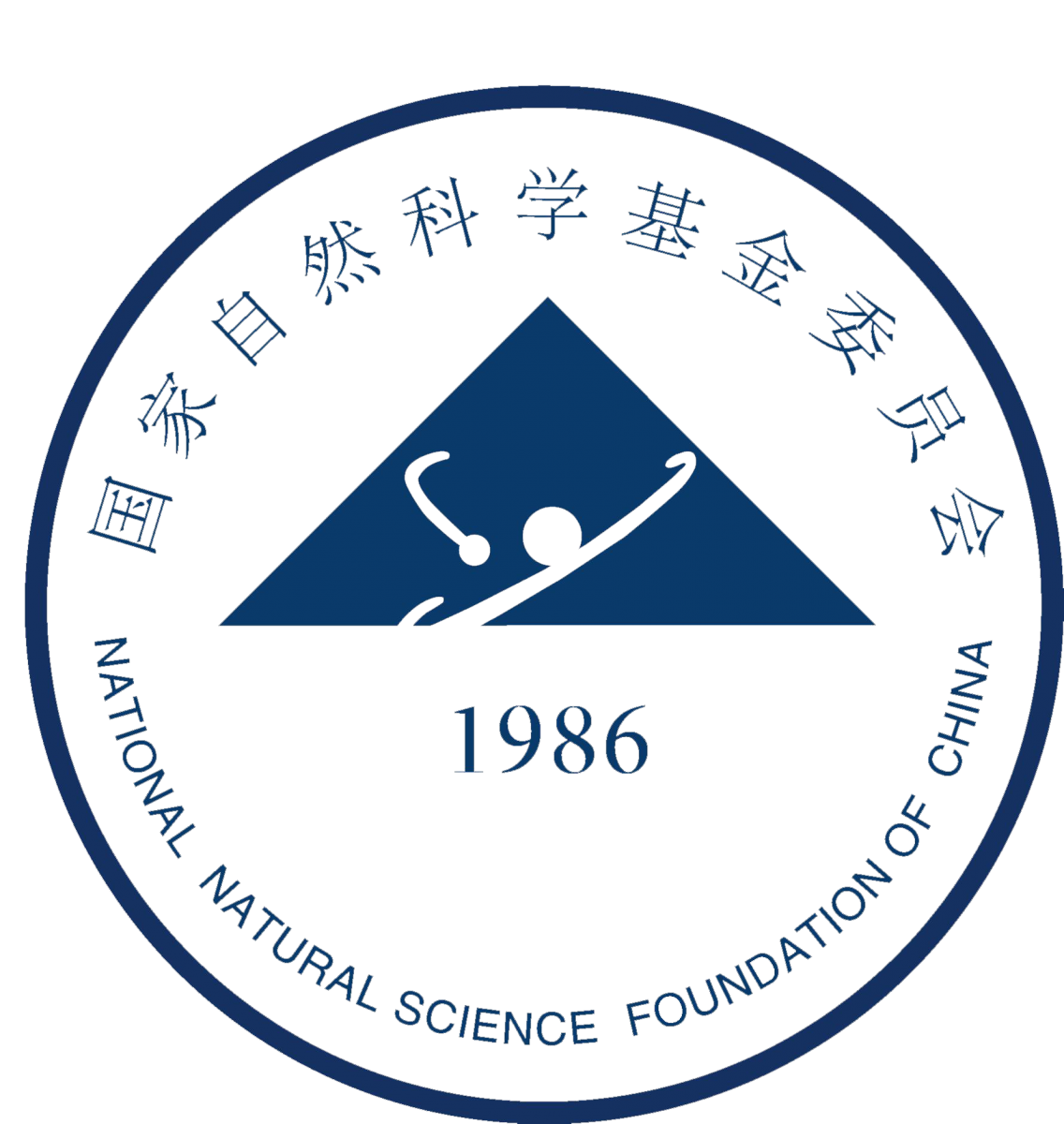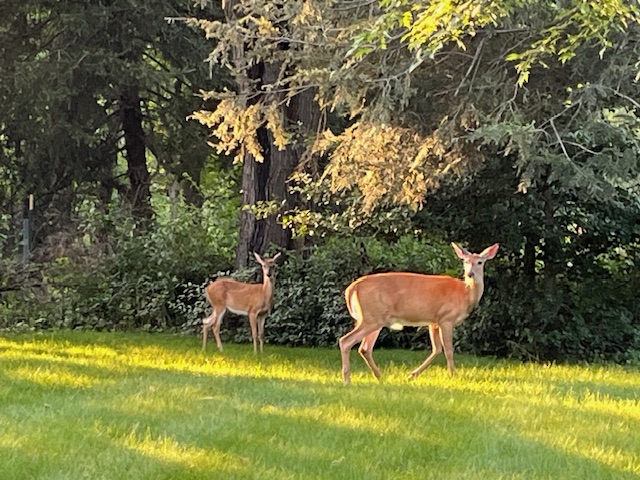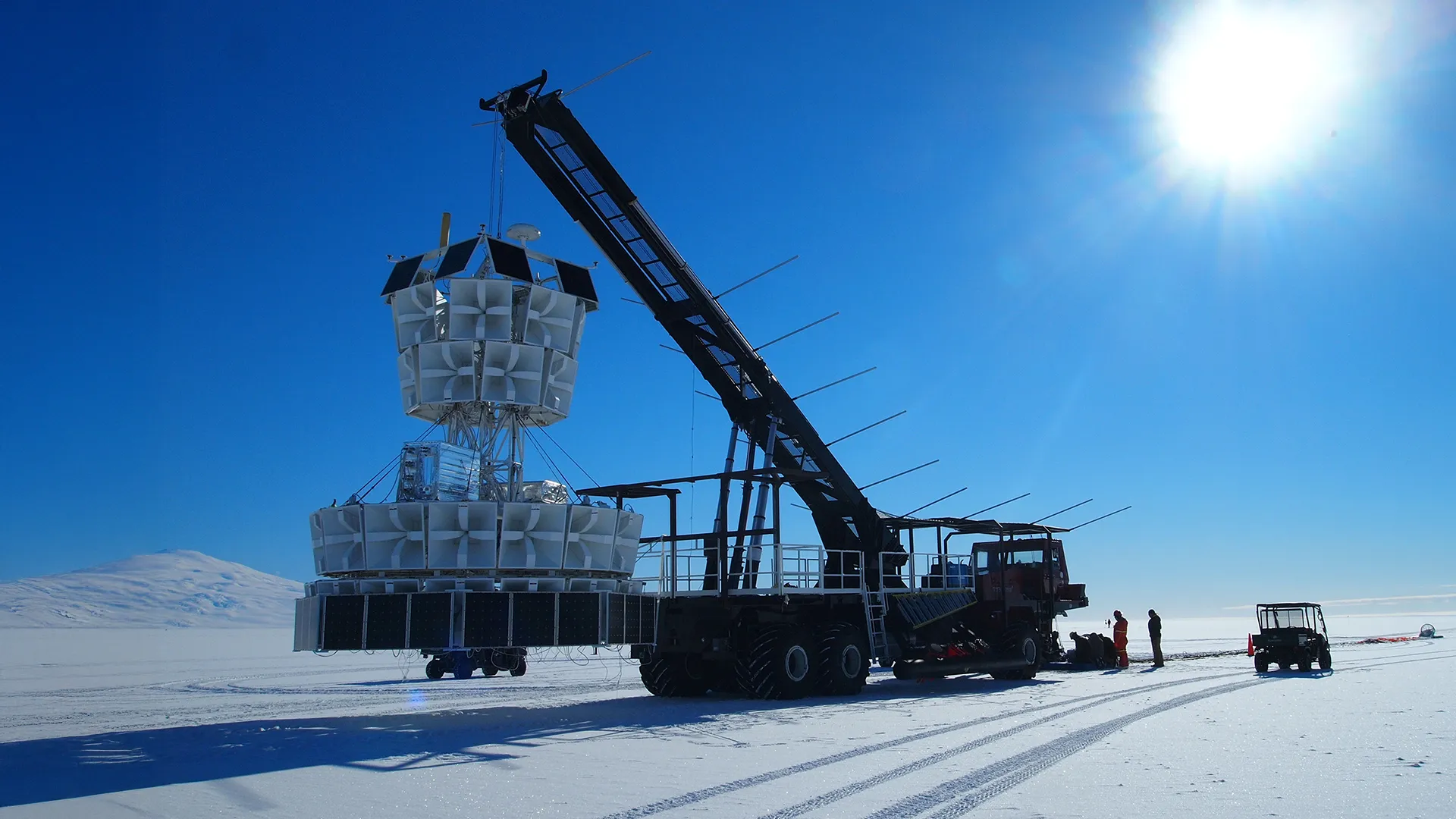A new weekly injectable drug could transform the lives of more than eight million people living with Parkinson’s disease, potentially replacing the need for multiple daily tablets. Scientists from the University of South Australia (UniSA) have developed a long-acting injectable formulation that delivers a steady dose of levodopa and carbidopa – two key medications for Parkinson’s – over an entire week. Their findings have been reported in the journal Drug Delivery and Translational Research. The biodegradable formulation is injected under the skin or into muscle tissue, where it gradually releases the medication over seven days. Parkinson’s disease is the second…
-
-
Dear RW readers, can you spare $25? The week at Retraction Watch featured: Our list of retracted or withdrawn COVID-19 papers is up past 500. There are more than 60,000 retractions in The Retraction Watch Database — which is now part of Crossref. The Retraction Watch Hijacked Journal Checker now contains more than 300 titles. And have you seen our leaderboard of authors with the most retractions lately — or our list of top 10 most highly cited retracted papers? What about The Retraction Watch Mass Resignations List? Here’s what was happening elsewhere (some of these items may be paywalled,…
-
The James Webb Space Telescope, launched in 2021 and on active duty since 2022, has gotten its legs viewing already known exoplanets but can now take credit for its first direct image of a previously unknown one. Exoplanets have been detected since 1992 when two, named named Poltergeist and Phobetor, were found orbiting the pulsar PSR B1257+12. Since then they have become key targets in astronomy, in hopes that capturing snapshots in time can help us understand how planetary systems form. Thousands have been detected indirectly but because they are less bright due to being ‘drowned out’ by light from their…
-
This day, the Fourth of July, is my favorite holiday. I love it for a few reasons. I love the summer, and the warm nights that allow me to stay outside under the stars without hunching over from chill. I love that there are at least two more months of hot weather here in the mountains, which means morning hikes and afternoon pool time. I love that the Fourth is a good reason to spend extra time with friends and family, and eat stone fruit, and make ice cream, and wear swimsuits. But I mostly love Independence Day because I…
-
Putting the brakes on an enzyme might rescue neurons that are dying due to a type of Parkinson’s disease that’s caused by a single genetic mutation, according to a new Stanford Medicine-led study conducted in mice. The genetic mutation causes an enzyme called leucine-rich repeat kinase 2, or LRRK2, to be overactive. Too much LRRK2 enzyme activity changes the structure of brain cells in a way that disrupts crucial communication between neurons that make the neurotransmitter dopamine and cells in the striatum, a region deep in the brain that is part of the dopamine system and is involved in movement,…
-
In its second batch of misconduct findings this year, the organization responsible for allocating basic research funding in China has called out 25 researchers for paper mill activity and plagiarism. The National Natural Science Foundation of China, or NSFC, gives more than 20,000 grants annually in disciplines ranging from agriculture to cancer research. The NSFC publishes the reports periodically “in accordance with relevant regulations,” the first report, released in April, states. The organization awarded 31.9 billion yuan, or about US$4.5 billion, in project funds in 2023. The NSFC published the results of its investigations on June 13. The reports listed…
-
Cats prefer to sleep on their left side. This is the conclusion drawn by an international research team that analyzed several hundred YouTube videos of sleeping cats. The researchers see this bias as an evolutionary advantage because it favors hunting and escape behavior after waking up. The team from the University of Bari Aldo Moro (Italy), Ruhr University Bochum, Medical School Hamburg and other partners in Germany, Canada, Switzerland and Turkey report on the study in the journal Current Biology, published online on June 23, 2025. All animals are particularly vulnerable while sleeping. Cats sleep around 12 to 16 hours…
-
Peter Kotlár Slovakia’s national science academy has issued a strong critique of a paper on mRNA vaccines coauthored by a member of the country’s parliament. The group called the work “insufficiently detailed” and “lacking controls,” with data that “may be misleading” and conclusions “not supported by sufficiently robust data.” Peter Kotlár, the paper’s second author, is an orthopedist and represents the far-right Slovak National Party. He is also the commissioner for a review of resource management during the COVID-19 pandemic for the government of populist prime minister Robert Fico, himself known for questioning the science around COVID-19. The paper appeared…
-
Dangerous animals (truly) in a suburban backyard. Credit: Laura Helmuth I witnessed a minor Drama in Real Life the other day while biking along the Western Maryland Rail Trail. Several deer were foraging by the side of the trail as I passed them, then I heard a bang and a scream (deer) and another scream (human). A full-grown deer had leapt into the trail and rammed another biker, throwing her off her bike. The biker had scrapes all over her arms and knees, and she was pretty shaken up. She’d just been attacked by a wild animal! Fortunately, she didn’t…
-
New research led by Dr. James De Buizer at the SETI Institute and Dr. Wanggi Lim at IPAC at Caltech revealed surprising results about the rate at which high-mass stars form in the Galactic Center of the Milky Way. The researchers based their study primarily on observations from NASA’s now-retired SOFIA airborne observatory, focusing on three star-forming regions — Sgr B1, Sgr B2, and Sgr C — located at the heart of the Galaxy. Although the central part of our Galaxy has a much higher density of star-forming material than the rest of the Milky Way, in the Galactic Center,…

